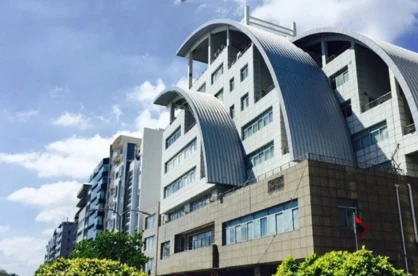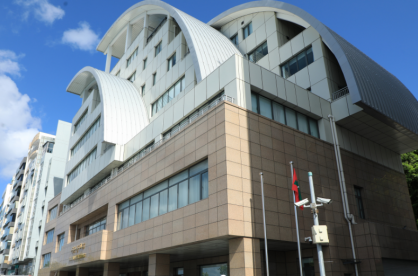There’s no denying that the Maldives recovery story after the
reopening of borders following COVID-19 pandemic, has been remarkable.
Especially, with strong arrival growth from the second quarter of 2021. In
recognition, Maldives has been awarded the World Leading Destination Award
three times in a row, last three years.
This year, in 2022, the total arrival is expected to reach
at least 1.6 million, and total government revenue is expected to reach MVR
25.8 billion (USD 1.7 billion), which is 27 percent of GDP – in par with the developed
countries with highest tax rates.
Despite the strong recovery, and the improved revenue which
was initially estimated at MVR 21 billion, the public expenditure and the
growing external debt of the government remains a major concern for the
economy. The total public and publicly guaranteed debt reached a staggering 120
percent of GDP by the end of 2021, as the government incurred additional
borrowings of USD 1 billion during the year.
The debt to GDP is estimated to go down to 111 percent of
GDP in 2022, because of the increase in nominal GDP, although total debt is set
to reach MVR 105 billion (USD 6.8 billion).
On top of the high existing debt, huge deficits, and growing
expenditure; the global food and oil prices have increased, and so has the
interest rates. This is further escalated the government’s spending on food and
oil subsidies. As a result, government total expenditure in 2022 is estimated
to exceed the approved budget by MVR 6 billion.
According to a report published by the World Bank in October
2022, Maldives is estimated to spend on average USD 330 million annually on
external debt servicing over the period 2022-2024. What is more alarming is
that total debt servicing is expected to reach USD 1 billion in 2026. This
includes the USD 500 million sukuk and another USD 100 million issued under a
private placement. As highlighted by the World Bank Report, the year 2026 will
be the real test of country’s ability to repay the debt, or the ability to
rollover the debt to additional years.
“The ability to extend the maturity or rollover the debt,
very much depends on the global financing environment in 2026, which puts the
Maldives at risk of not being able to service the debt”, highlights the World
Bank report.
Restoring fiscal and debt sustainability
Government has increased the rate of Goods and Services Tax
on general domestic economy (G-GST) from 6 percent to 8 percent, effective from
01st January 2023, and also increased rate of GST on tourism sector
(T-GST) from 12 percent to 16 percent.
While the public and the tourism industry may hope that this
increase in taxes would bring about fiscal sustainability or bring down debt
levels, they might be in for a big surprise. As sustainability in the medium
term is not expected without concrete reforms in the expenditure programs of
the government. Without notable and effective reduction in spending by the
government, any such increases in taxation may not bring about fiscal and debt
sustainability.
The World Bank report has said that “Government’s recently announced
GST rate increases are a positive start, but not sufficient for the adjustment
that is required”.
Government has still not been able to bring about concrete
reforms to Aasandha, other forms of subsidies, and expenditures on state owned
enterprises (SOEs) in the form of subsidies and capital injections.
Solih administration also lacks insight into better investment
management, and the foresight to lower costs of growth-enhancing investments. At
the same time, revenue mobilization can be improved by diversifying the tax
base, as highlighted by the World Bank.
With the super majority in the Parliament, simply increasing
the tax rate however could be the easy way out.







